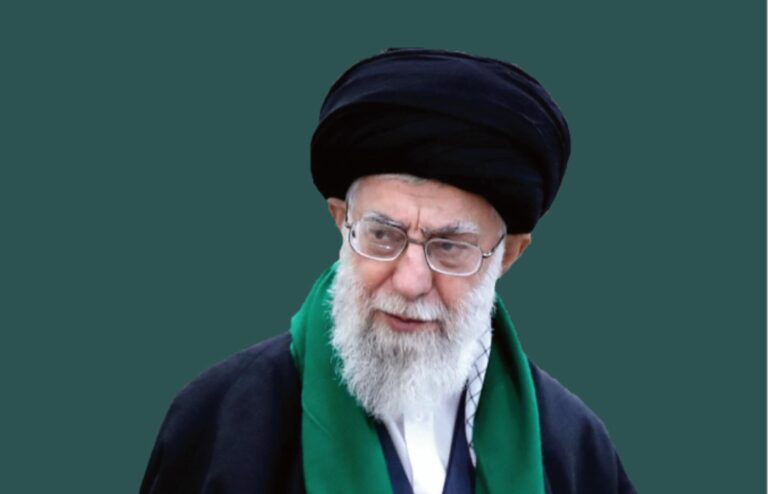Response from the Islamic Human Rights Commission to the Home Secretary’s Consultation on Exclusion or Deportation from the UK of Foreign Nationals on Non-Conducive Grounds
- The Islamic Human Rights Commission (IHRC) is deeply concerned by the latest proposals to extend the grounds under which the Home Secretary may deport non-UK citizens.
- There is currently sufficient legislation in place to prosecute individuals suspected of committing a criminal offence within the UK.
- The ground of expressing views which the Government considers foment terrorism or seek to provoke others to terrorist acts is already sufficiently dealt with under existing legislation. For example, it is already a criminal offence under the Terrorism Act 2000 to support proscribed organizations.
- The ground of expressing views which the Government considers justify or glorify terrorism is vague without any precise definition or meaning. This seems to be a further attempt to stifle support for legitimate resistance movements around the world. Under the current definition of “terrorism” as set out in the Terrorism Act 2000, supporting Nelson Mandela and the ANC would constitute grounds for deportation.
- The ground of expressing views which the Government considers foment serious criminal activity or seek to provoke others to serious criminal acts are already sufficiently dealt with under existing criminal legislation. It is a criminal offence to initiate any criminal activity under current violence, murder and public order laws, which also make behaviour likely to lead to public disorder unlawful.
- The ground of expressing views which the Government considers foster hatred which may lead to intra-community violence in the UK are also satisfactorily covered under existing incitement to hatred laws, which have resulted in the successful prosecution and imprisonment of individuals such as Sheikh Abdullah el-Faisal.
- The ground of expressing views which the Government considers advocate violence in furtherance of particular beliefs is again extremely unclear and unhelpful. For example, violence in furtherance of one’s particular belief in self-defence while under attack is perfectly legitimate under both domestic and international law.
- The ground of expressing views which the Government considers to be extreme views that are in conflict with the UK’s culture of tolerance is again ambiguous and vague. The term “extremism”, frequently used in the public discourse about religion and terrorism, has no tangible legal meaning or definition and is thus unhelpful and emotive. Recently, the Prime Minister has attempted to equate ‘extremism’ with the aspirations of Muslims for Shariah laws in the Muslim world or the desire to see unification towards a Caliphate in the Muslim lands. Attempts have also been made to equate “extremism” with questioning the legitimacy of the State of Israel and the removal of Western military bases from Muslim lands. Such views are shared not just by many Muslims but also by numerous academics, journalists and lawyers of many faiths and no faith.
- The Government’s effort to deport individuals suspected of the above activities seems to be an attempt to punish individuals whom there is insufficient evidence to bring any criminal charges against.
- This effort is even more condemnable where the Government seeks to deport individuals to countries notorious for their use of torture, extra-judicial killings and the death penalty.
- Such action is in direct contravention of Article 3 of the European Convention on Human Rights which imposes an absolute prohibition on torture.
- Obtaining a ‘diplomatic assurance’ or ‘memorandums of understanding’ from the countries in question that they will not mistreat deportees is wholly unreliable and insignificant as such countries are routinely condemned for systematic abuse and torture by reputable bodies such as the UN, Amnesty International, Human Rights Watch and the US State Department.
————————————————
Islamic Human Rights Commission
PO Box 598
Wembley
HA9 7XH
United Kingdom
Telephone (+44) 20 8904 4222
Fax (+44) 20 8904 5183
Email: info@ihrc.org
Web: www.ihrc.org.uk






